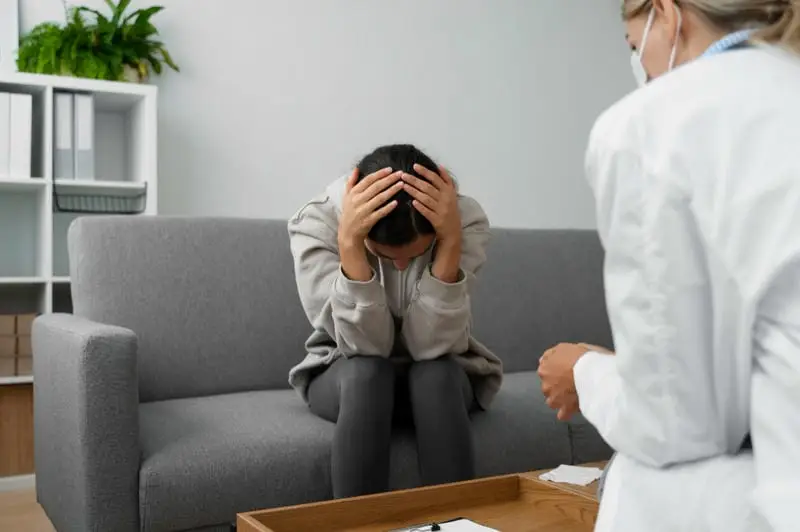- Published on: Mar 15, 2024
- 2 minute read
- By: SecondMedic Expert
Likes To Loneliness: Social Media's Mental Toll
In today's world, social media is everywhere. We use it to share photos, keep up with friends, and even meet new people. But did you know that spending too much time on social media can actually make us feel lonely? It's true. Even though we might get lots of likes and comments on our posts, that doesn't always make us feel connected. In fact, it can sometimes make us feel even more alone.
The Illusion of Connection
When we scroll through our social media feeds, it's like looking through a window into other people's lives. We see all the fun things they're doing, all the places they're going, and all the friends they're hanging out with. It can make us feel like everyone else is having a great time while we're stuck at home feeling left out.
Comparing Lives
And it's not just about feeling left out. Social media can also make us feel like we're not good enough. We see all these perfect pictures and happy faces, and we start to compare ourselves to them. We might start to think that our own lives don't measure up, which can leave us feeling pretty lousy.
The Fear of Missing Out (FOMO)
Plus, there's this thing called FOMO, or the fear of missing out. It's that feeling you get when you see your friends doing something fun without you, and you wish you were there too. Social media can make FOMO even worse because we're constantly bombarded with updates about what other people are doing. It's like we're always being reminded of all the things we're not doing, which can make us feel pretty anxious and disconnected.
The Pressure to Perform
But it's not just about feeling left out or not good enough. Social media can also put a lot of pressure on us to be perfect. We might spend hours trying to take the perfect selfie or come up with the perfect caption for our post. We want people to like us and think we're cool, so we put a lot of effort into making ourselves look good online. But all that effort can take a toll on our mental health, leaving us feeling stressed out and exhausted.
Finding Balance
So what can we do about it? Well, for starters, we can try to use social media more mindfully. Instead of mindlessly scrolling through our feeds, we can make an effort to engage with content that makes us feel good about ourselves. We can follow people who inspire us and share things that make us happy. By curating our feeds in this way, we can create a more positive online experience for ourselves.
Prioritizing Real Connections
We can also try to prioritize real-life connections over online ones. Instead of spending all our time on social media, we can make an effort to spend more time with our friends and family in person. Whether it's going out for coffee or just hanging out at home, spending time with the people we care about can help us feel more connected and less lonely.
Disconnecting to Reconnect
And finally, we can try to take breaks from social media every now and then. Whether it's just for a few hours or a whole day, taking a break from social media can give us a chance to recharge and reconnect with ourselves. We can use that time to do things we enjoy, like going for a walk or reading a book. By taking breaks from social media, we can give ourselves a much-needed break from all the pressure and comparison, and focus on what really matters: our own happiness and well-being.
Conclusion
In conclusion, understanding the impact of social media is crucial. While it can serve as a great way to stay connected with others, it can also exacerbate feelings of loneliness and inadequacy. By approaching social media more mindfully, prioritizing real-life connections, and taking breaks when necessary, we can mitigate its negative effects on our mental health and cultivate greater happiness and fulfillment both online and off.
Read FAQs
A. Social media distorts reality, leading to feelings of inadequacy. It amplifies FOMO and reduces real-life interactions, increasing loneliness.
A. Signs include increased loneliness or depression, excessive comparison, difficulty disconnecting, changes in sleep, decreased self-esteem, and heightened anxiety.
A. Set time limits, curate positive content, prioritize real connections, take breaks, and engage in activities promoting well-being like exercise and mindfulness.









